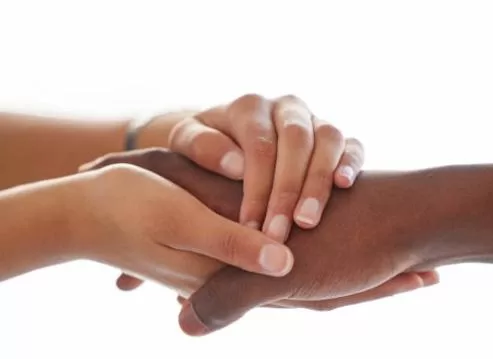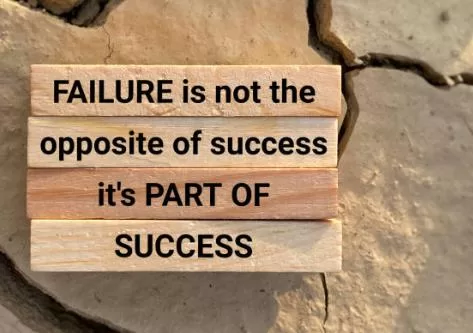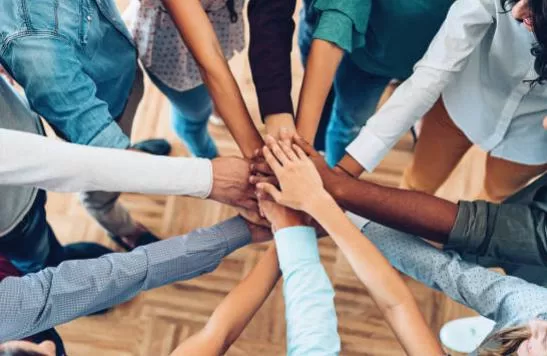How Can I Use Self-Improvement To Improve My Political Involvement?
Learn how to use self-improvement to enhance your political involvement.

Selfpause Affirmation App
Download the app to get 1,000’s of affirmation meditations and everything you need to write, record and listen to your own.
Politics has gotten increasingly politicized and acrimonious in recent years. Numerous individuals are disillusioned with the political process and may decide to disengage entirely. To achieve meaningful change and influence policies that line with our beliefs, however, political engagement is important. Herein lies the importance of self-improvement. By working on ourselves, we can become more suited for fruitful and effective political engagement. This article will examine how self-improvement can help us become more politically engaged.

Self-improvement can aid in the development of improved communication abilities. Good communication is an essential component of political participation. Whether we are attempting to persuade others to support a particular program or we are running for government, we must be able to explain our thoughts clearly and persuasively. By enhancing our communication abilities, we may advocate for our beliefs more effectively.
Active listening is a technique that can help us enhance our communication skills. Active listening is concentrating on the speaker, asking clarifying questions, and summarizing their words to assure comprehension. This ability can assist us in fostering closer ties with others, which can be advantageous in a political situation. In addition, developing our public speaking skills can assist us in delivering speeches and presentations with confidence, which is crucial for political campaigns.

Empathy training is another technique to improve our communication skills. Empathy entails putting oneself in the shoes of others and attempting to see things from their point of view. Through exercising empathy, we can gain a deeper understanding of the issues and priorities of individuals we are attempting to persuade and modify our message accordingly. This can help us develop bridges and find common ground with others whose political beliefs may differ from our own.
Self-improvement can assist us in developing a growth attitude. A growth mindset is the conviction that our abilities and intelligence can be developed through tenacity and effort. This perspective can be advantageous in politics because it enables us to face obstacles and setbacks with tenacity and persistence. Instead of giving up when we encounter challenges, we might consider them as learning opportunities.

Accepting failure is one method to foster a growth mentality. Losing an election or failing to enact a piece of legislation are inescapable outcomes of any political activity. We may become more resilient and persistent in the face of setbacks by reframing failure as a learning opportunity. Moreover, by soliciting the feedback of others and reflecting on our own performance, we can find areas for growth and endeavor to build our skills and abilities.
Another strategy to cultivate a growth mindset is to set and pursue goals. By establishing defined, attainable objectives, we may focus our energy and attention on what matters most to us. In addition, by dividing enormous objectives into smaller, more achievable tasks, we can avoid feeling overwhelmed and make progress toward our goals.

Self-improvement can assist in the development of emotional intelligence. Emotional intelligence is the capacity to identify and control one’s own emotions and those of others. This ability can be useful in politics since it enables us to develop relationships with people, effectively handle disagreements, and negotiate complex social processes.
Mindfulness meditation is a means of developing emotional intelligence. Mindfulness means being aware of our thoughts, feelings, and surroundings in the present moment. By cultivating mindfulness, we can develop a heightened awareness of our own and others’ emotions. In addition, by cultivating our ability to manage our emotions, we can avoid becoming entangled in emotional responses that may be counterproductive or harmful.

Practicing empathy is another technique to enhance emotional intelligence, as described above. By putting ourselves in the shoes of others and attempting to see things from their point of view, we can cultivate deeper empathy and compassion for them. This can be especially effective in political circumstances, when debates and fights can be emotionally charged and intense.
Identifying our values and priorities is one method to generate a sense of purpose and meaning. By considering what is most important to us, we can discover the issues and causes about which we feel most strongly. In addition, by understanding our abilities and skills, we can find meaningful and satisfying ways to contribute to political causes.

Participating in community activity is another another approach to cultivate a sense of purpose and meaning. Community activism entails collaborating with others to promote local social and political change. By engaging in community activism, we can develop relationships with those who share our values and ideas and collaborate to bring about constructive change in our communities.
Self-improvement can play a significant role in enhancing our political participation. Through acquiring superior communication skills, a growth mindset, emotional intelligence, and a sense of purpose and meaning, political engagement can become more effective and resilient. It is essential to keep in mind that self-improvement is a continuous process and that we may always continue to learn and develop. By placing an emphasis on our own personal growth, we may have a good effect on the world around us.
